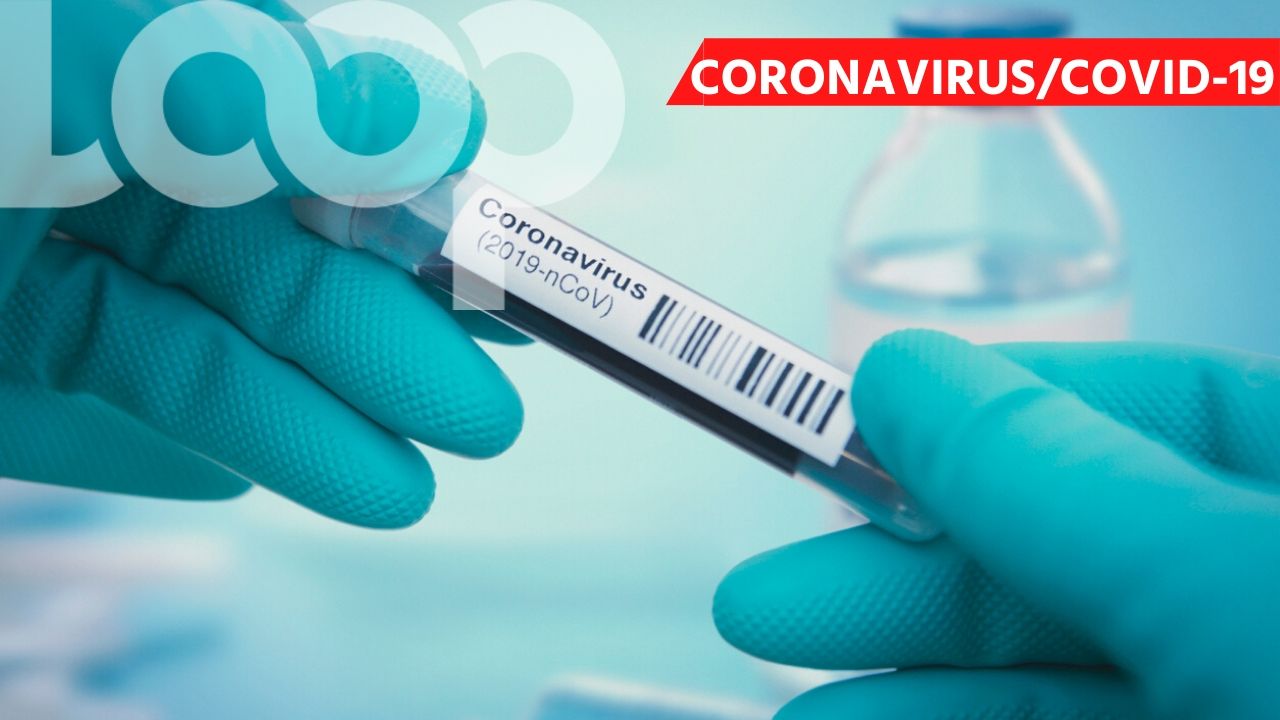The Caribbean Public Health Agency is aware that some European Union countries have suspended their vaccination campaign for AstraZeneca due to reports of rare blood clotting disorders in people who have received the vaccine.
“It should be noted that the vaccine used in the Caribbean is not the same version or group as the one in Europe,” reads a statement from the Caribbean Public Health Agency.
The release said the suspension in the version of the vaccine was done as a precaution, while a full investigation into the reports is being done. At present, it is not possible to determine whether there is a link between the vaccine and the disorders.
“Adverse reactions that occur after vaccination with any vaccine should be fully investigated to rule out various factors, such as comorbidities, disease progression and group determination, before the health authorities make a final decision,” the statement said.
The World Health Organization’s Global Advisory Committee on Vaccine Safety (GACVS) systematically reviews any vaccine safety signals and concerns related to the safety of the COVID-19 vaccine. This committee carefully reviews the current reports on the Astra Zeneca vaccine. Once the WHO has a full understanding of these events, the findings and any changes to current recommendations will be communicated immediately to local and international public health partners, including CARPHA.
The WHO says that ‘vaccination against COVID-19 will not reduce deaths due to other causes. Deaths due to other causes will continue to occur, even after vaccination, but causally unrelated. As of March 9, more than 268 million doses of COVID-19 vaccine have been administered since the onset of the pandemic, based on data reported by WHO to national governments. No cases of COVID-19 vaccine death have been reported so far.[1]
We would like to reassure our members that CARPHA’s Caribbean Regulatory System (CRS) applies its dependency procedure to verify vaccines with emergency use authorization granted by strict regulatory authorities of reference.
CARPHA encourages individuals vaccinated with any of the COVID-19 vaccines available in their country to report adverse events occurring after vaccination to local health authorities.
Statement on variants
The occurrence of variants is part of the normal cycle of viral infection and replication and should not be considered an unusual process. Because the variants occur more frequently, the more subjects become infected, it is essential to maintain all measures that prevent the occurrence of new infections (use of masks, washing hands, taking social distances, avoiding crowds, etc.).
The appearance of new variants in no way justifies the suspension of vaccinations against SARS-CoV-2. At this stage of the pandemic, the transmission chains must be cut through preventive measures and the application of vaccines. Both the above measures and the massive vaccination of the population will help fight the disease and end the eventual end of the pandemic.
CARPHA remains committed to providing technical support and advice and continues to conduct tests for suspected COVID-19 cases for all CARPHA Member States (CMS) on a regular basis as requested. In collaboration with the University of the West Indies (UWI), the St. Augustine Campus, CARPHA started implementing entire genome sequencing for CARICOM countries in December 2020. So far, CARPHA has detected cases of the British variant in several member states. No cases of the Brazilian or South African variant were detected.
A release said CARPHA officials met with chief medical officers in the region to discuss various public health issues, including the issues related to the fight against COVID-19 disease.
CARPHA continues to work with its regional and international partners and CMS to achieve a harmonized regional response. The overarching goal is for all countries to control the pandemic by delaying the transmission of diseases and reducing the deaths associated with COVID-19. In this regard, we call on countries to continue to sharpen their oversight capacity to rapidly investigate, identify, test, isolate and detect contacts of new cases, supported by public health prevention and measures to take social distance, wear masks and hand hygiene.
We also recognize the important role that the vaccination programs will play, and are very pleased with the efforts of the countries so far to vaccinate the vulnerable older people in their population and frontline employees.
